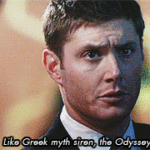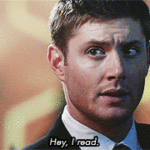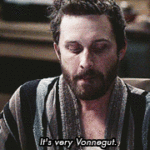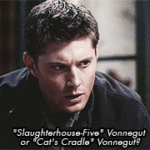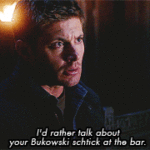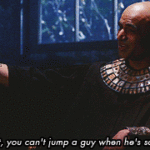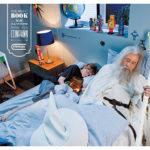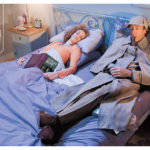When a writer puts words on paper, it is an intimate act. The reader hears your words in his voice and he becomes the bones of your story. The reader is the foundation that you wrap in muscle and sinew. You build the hero on the reader’s delicate frame until your story is his story. Your sorrow is his; your joy is a communion you both celebrate.
Knowing how to read and not reading books is like owning skis and not skiing, owning a board and never riding a wave, or, well, having your favorite sandwich in your hand and not eating it. If you owned a telescope that would open up the entire universe for you would you try to find reason for not looking through it? Because that is exactly what reading is all about; it opens up the universe of humour, of adventure, of romance, of climbing the highest mountain, of diving in the deepest sea.
Fantasy is silver and scarlet, indigo and azure, obsidian veined with gold and lapis lazuli. Reality is plywood and plastic, done up in mud brown and olive drab. Fantasy tastes of habaneros and honey, cinnamon and cloves, rare red meat and wines as sweet as summer. Reality is beans and tofu, and ashes at the end. Reality is the strip malls of Burbank, the smokestacks of Cleveland, a parking garage in Newark. Fantasy is the towers of Minas Tirith, the ancient stones of Gormenghast, the halls of Camelot. Fantasy flies on the wings of Icarus, reality on Southwest Airlines. Why do our dreams become so much smaller when they finally come true?
We read fantasy to find the colors again, I think. To taste strong spices and hear the songs the sirens sang. There is something old and true in fantasy that speaks to something deep within us, to the child who dreamt that one day he would hunt the forests of the night, and feast beneath the hollow hills, and find a love to last forever somewhere south of Oz and north of Shangri-La.
They can keep their heaven. When I die, I’d sooner go to Middle-Earth.
And while we’re on the subject, I’d like to say a few words about escapism. I hear the term bandied about as if it’s a bad thing. As if “escapist” fiction is a cheap opiate used by the muddled and the foolish and the deluded, and the only fiction that is worthy, for adults or for children, is mimetic fiction, mirroring the worst of the world the reader finds herself in.
If you were trapped in an impossible situation, in an unpleasant place, with people who meant you ill, and someone offered you a temporary escape, why wouldn’t you take it? And escapist fiction is just that: fiction that opens a door, shows the sunlight outside, gives you a place to go where you are in control, are with people you want to be with (and books are real places, make no mistake about that); and more importantly, during your escape, books can also give you knowledge about the world and your predicament, give you weapons, give you armour: real things you can take back into your prison. Skills and knowledge and tools you can use to escape for real.
As JRR Tolkien reminded us, the only people who inveigh against escape are jailers.
Read. Read anything. Read the things they say are good for you, and the things they claim are junk. You’ll find what you need to find. Just read.
in which David Tennant demonstrates the proper way to read a book

